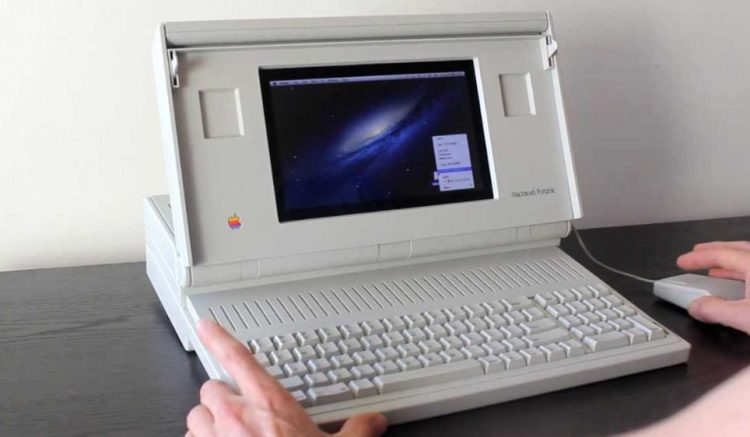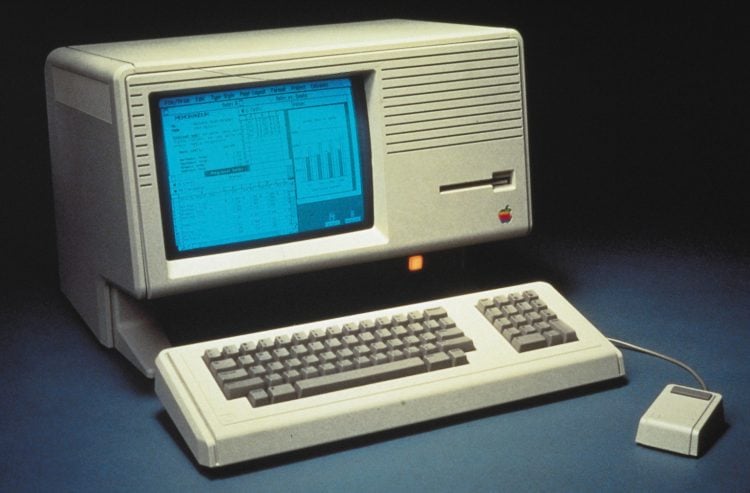easysurfer
Give me a museum and I'll fill it. (Picasso) Give me a forum ...
- Joined
- Jun 11, 2008
- Messages
- 13,151
Is there a good way to tell the actual age of a PC/Laptop?
Running a ThinkPad T450 that transitioned from work laptop to personal laptop when MicroCorp decided to upgrade to new ThinkPads a few years ago. The T450 is running an i5-5300U CPU, which was apparently released in early 2015 so I guess this one is 5+ years old. Swapped the HDD for an SSD when it became my personal laptop and now it runs better than the newer work laptop since it doesn't have the corporate security/monitoring software etc. bogging it down. The 14" now feels like the perfect balance of function and size after preferring a desktop for personal PC for 20 years
I usually look up the model number on an internet search and read reviews.
But there are more objective way. Tips include looking at the BIOS or when the OS was installed. This isn't exact though as I person could buy an older PC then upgrade with later version OS and BIOS.
Sometimes condition comes when you want to know the age of your computer. There might be various reason why you want to know that. Windows operating system is one of the best operating system available in the market. It has all the possible tools and utilities which users require while working on a machine running it.
Similarly, it also tracks the date which tells when the manufacturer installed the operating system on the machine for the first time. The same date is also the date when you have purchased the computer using which you can quickly calculate computer age. But it only shows you the correct date if you have not performed the fresh installation of the operating system.
https://geekermag.com/how-old-is-my-computer/


